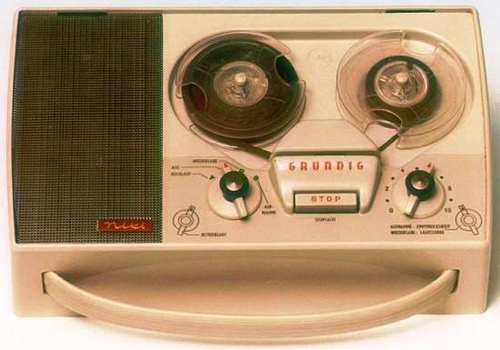The “Mission” thread in The Atlas of New Librarianship by David Lankes (2011) has me thinking about my ongoing process to define my personal mission. I guess I would say that my mission has broadened in recent years, but I’m surprised how well it fits with the mission for librarians that Lankes presents in his book:
The Mission of Librarians is to Improve Society through Facilitating Knowledge Creation in their Communities
How many professionals really stop to consider their mission? And yet, our work flounders when we lack this sense of mission. How much would it guide our lives to stop each and every day and evaluate how what we’ve done that day lines up with our mission? The answers could guide us in one of two ways – to change our practice to line up better with our mission, or to change our mission statement to line up better with changing values over time. Of course, Lankes’ mission statement seems pretty timeless, an attempt to articulate ideas that are focused on philosophy rather than on tasks/functions, which will change over time.

your mission, if you choose to accept it . . .
CC image courtesy of Mike Licht, NotionsCapital.com on Flickr
I imagine it is a personal discovery of this mission, a calling, that has led many of us to go back to school to become librarians. That is certainly the case for me, and though I had not articulated it this way, reading Lankes’ mission statement rings true and validates for me that I’m in the right place, doing the right thing. In this thread, Lankes quickly discusses post-modernism and reader-response, constructivism, and learning theory as influential in the worldview presented in his mission statement. Indeed, these are all frameworks that have shaped my personal worldview over many years, so again, I feel like I belong here.
Though I never stopped to formally articulate it, previously my mission was:
to improve people’s understanding of identity by helping them to examine choices in clothing (or lack of choice) as an expression of other factors influencing their lives.
While this is very specific and narrow, it’s not entirely unrelated to Lankes’ suggestion of mission.
More recently, I have said that my mission is:
to create high quality digital collections representing the physicality and context of artifacts, so that educators can take advantage of the rich understanding of cultural history that comes from teaching with material culture.
Can I reword that to make it more in line with the Atlas?
to improve society’s understanding of the implications of personal choices and identity, through the creation of high quality digital collections representing the physicality and context of artifacts, which will facilitate knowledge of culture and cultural history for a community of teachers and learners.
Whew. A little clunky, but you get the idea. This mission is indeed a work in progress. Certainly, Lankes mission statement is a little clunky as well – it’s not easy to summarize such grand concepts in so few words, as much as we try to do so daily via Twitter.
Lankes expresses concern that librarians have been stuck in a material-centric worldview (2011, p. 15), so you may be concerned that part of my mission appears to be artifact-centric. However, if you look carefully, that is not really the case. The artifacts, and their digital representations, are merely a means of helping people to make sense of their place in our current culture/society through understanding how seemingly mundane artifacts, however old, represent the place of humans in a web of consumption and production. When Lankes uses the term “artifacts” in the Atlas, he is often referring to books and other document-type objects, but purposefully uses “artifacts” as a more broad term, and contrasts it with “ideas” and “conversation.”
If I want to digitize a shoe, or a spoon, or a chair, or if I want to preserve the original physical item, it’s not for the fetishization of the object itself, but because that object has a story to tell us about each person who made it or used it or saved it, a story that no document can equal – a conversation waiting to happen.
References





